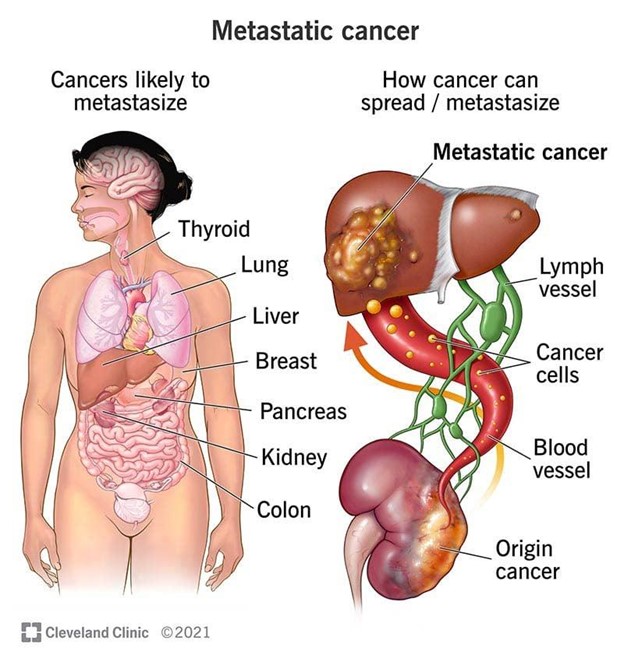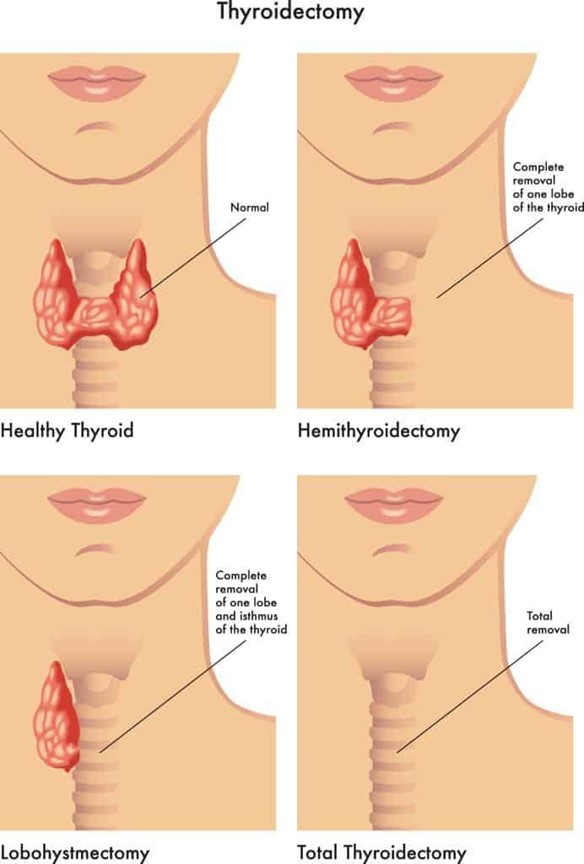The nurse is teaching a group of student nurses on the care of a client with Parkinson's disease. Which statement, if made by a student, indicates understanding of the topic?
Parkinson's disease results from too low acetylcholine as a result of an autoimmune reaction.
This disease is caused by the deterioration of the myelin sheath of the basal ganglia.
Excess dopamine and deficient acetylcholine are the two major causes of Parkinson's disease.
Parkinson's is caused by depletion of dopamine and excess of acetylcholine.
The Correct Answer is D
Choice A Reason: Parkinson's disease does not result from too low acetylcholine as a result of an autoimmune reaction, but this may be a description of myasthenia gravis, which affects the neuromuscular junction.
Choice B Reason: Parkinson's disease is not caused by the deterioration of the myelin sheath of the basal ganglia, but this may be a description of multiple sclerosis, which affects the central nervous system.
Choice C Reason: Excess dopamine and deficient acetylcholine are not the two major causes of Parkinson's disease, but they are reversed. Parkinson's disease is caused by low dopamine and high acetylcholine levels in the brain.
Choice D Reason: Parkinson's is caused by depletion of dopamine and excess of acetylcholine, as this affects the balance between these two neurotransmitters that control movement and coordination.
Nursing Test Bank
Naxlex Comprehensive Predictor Exams
Related Questions
Correct Answer is D
Explanation
Choice A Reason: N0 does not indicate presence of regional lymph node involvement, but absence of it. N1 to N3 indicate increasing degrees of regional lymph node involvement.
Choice B Reason: TIS does not indicate that a tumor has been resolved, but that it is in situ, meaning that it is confined to the original site and has not invaded deeper tissues.
Choice C Reason: T4 does not indicate a tumor at its smallest size, but at its largest size. T1 to T4 indicate increasing sizes or extents of the primary tumor.
Choice D Reason: M1 indicates tumor metastasis to a single site, meaning that the cancer has spread to another organ or distant lymph node. M0 indicates no distant metastasis.

Correct Answer is B
Explanation
Choice A Reason: Encouraging the client to cough and deep breathe every two hours, with her neck in a flexed position, is not a priority for a client after a total thyroidectomy, as it may increase the risk of bleeding or damage to the surgical site.
Choice B Reason: Maintaining the client in a Fowler's position, with head neutral supported by pillows, is a priority for a client after a total thyroidectomy, as it helps to reduce swelling and edema, prevent airway obstruction, and promote venous drainage.
Choice C Reason: Maintaining the client in a supine position, with sandbags placed on either side of her head and neck, is not a priority for a client after a total thyroidectomy, as it may impair breathing and circulation, increase pressure on the surgical site, and cause neck stiffness.
Choice D Reason: Encouraging the client to turn head side to side, to promote drainage of oral secretions, is not a priority for a client after a total thyroidectomy, as it may cause pain and discomfort, disrupt the sutures or drains, and increase the risk of infection.

Whether you are a student looking to ace your exams or a practicing nurse seeking to enhance your expertise , our nursing education contents will empower you with the confidence and competence to make a difference in the lives of patients and become a respected leader in the healthcare field.
Visit Naxlex, invest in your future and unlock endless possibilities with our unparalleled nursing education contents today
Report Wrong Answer on the Current Question
Do you disagree with the answer? If yes, what is your expected answer? Explain.
Kindly be descriptive with the issue you are facing.
